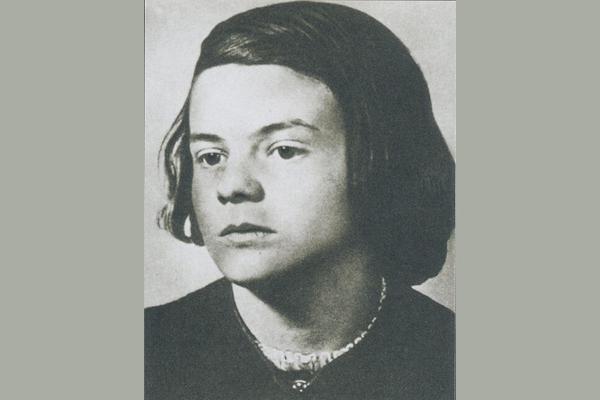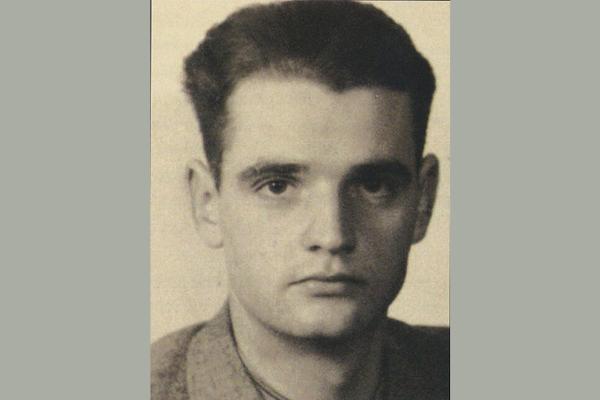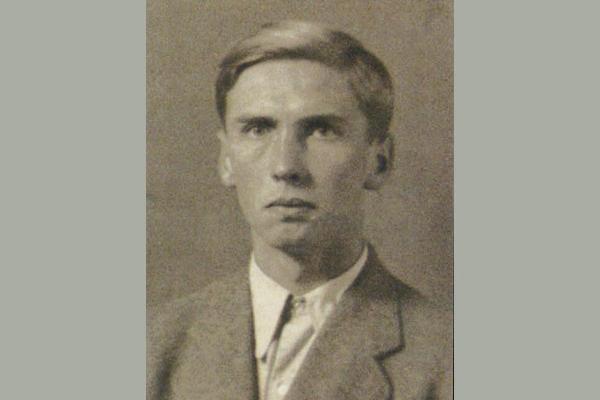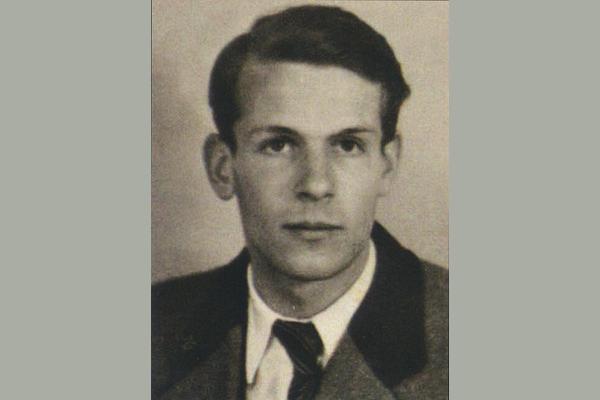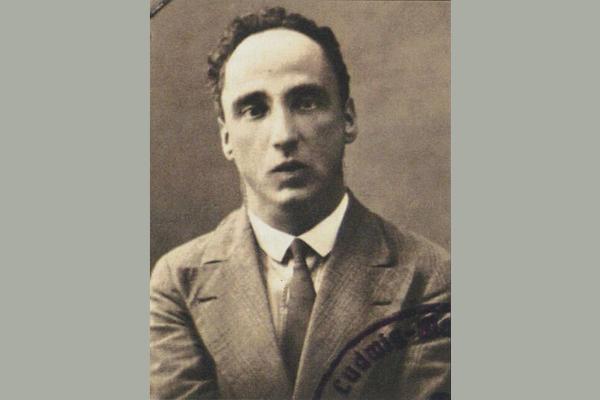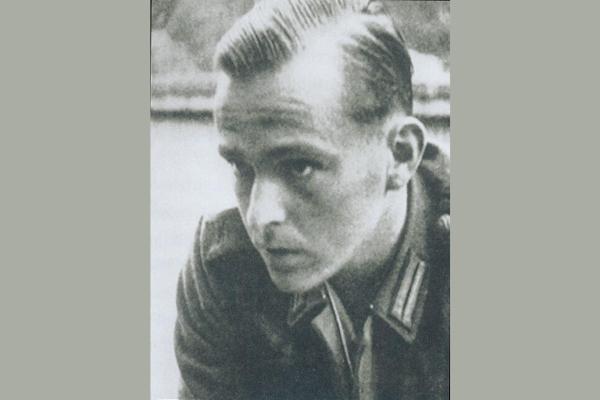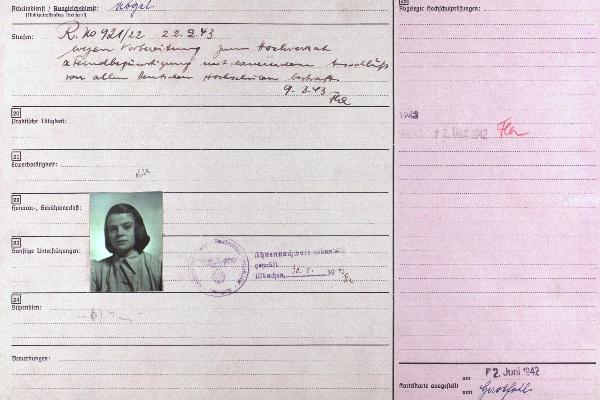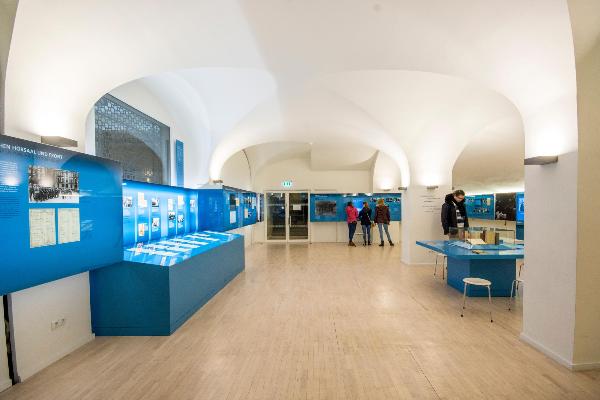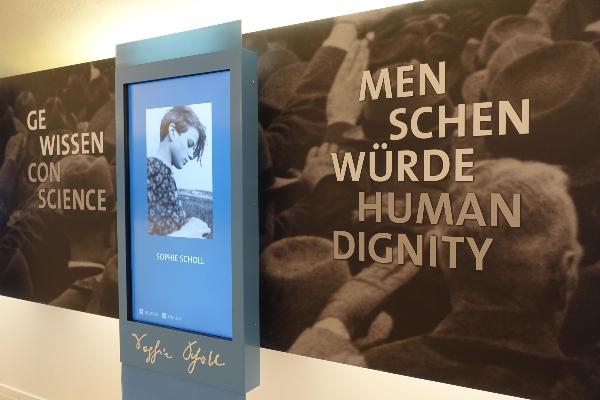Alexander Schmorell (1917–1943) and Hans Scholl (1918–1943), both of whom were studying medicine, were the first LMU students to consider mounting an active campaign of resistance against the Nazi regime. Within two weeks, between the 27 June and 12 July 1942, they wrote, printed and disseminated the first four “White Rose” protest leaflets (Flugblätter der Weissen Rose). Approximately 100 copies of each were sent to selected addresses in and around Munich. While the first leaflet spoke only of the need for passive resistance, Schmorell and Scholl called for the overthrow of the regime by direct action in the third.
The fifth leaflet appeared after a long delay, and was sent out between the 27 and 29 January 1943. By this stage Christoph Probst (1919–1943) and Hans Scholl’s sister Sophie (1921–1943), who had probably known of the earlier action, had joined the group, together with Willi Graf (1918–1943). Kurt Huber (1893–1943), Professor of Psychology and Philosophy at LMU, had also been recruited around Christmas in 1942. The fifth leaflet was intended to incite the population at large to engage in active opposition to Nazi rule, and between 6,000 to 9,000 copies of the appeal were printed. Some were posted to addresses in six cities in Southern Germany and Austria, but most were disseminated around Munich. No reaction was forthcoming.
Nevertheless, the surrender of the Sixth Army in Stalingrad encouraged the White Rose to call on students in Munich to rise up against Hitler’s dictatorship. In the days leading up to their last action, Graf, Schmorell and Hans Scholl had scrawled anti-Nazi slogans on public buildings. Some of the 800-1,200 copies of the sixth leaflet were mailed to addresses around Munich. The remaining copies were deposited at various locations on the LMU campus by Hans and Sophie Scholl on the evening of the 18 February. They were observed while doing so and arrested.
On 22 February, the two Scholls together with Probst, whose draft text for a planned seventh leaflet had been confiscated from Hans Scholl, were convicted by the Volksgerichtshof and sentenced to death. The sentence was carried out on the same day. Graf, Huber and Schmorell were sentenced on 19 April 1943. Huber and Schmorell were executed on 13 July 1943, and Willi Graf met his death on 12 October.
Ever since the war ended in 1945, LMU has been committed to keeping the legacy of the White Rose alive. An annual White Rose Memorial Lecture was instituted, which is delivered by an invited speaker at a commemorative ceremony every February, while the permanent exhibition in the DenkStätte Weiße Rose tells the story of the courage and sacrifice of the group’s members.

